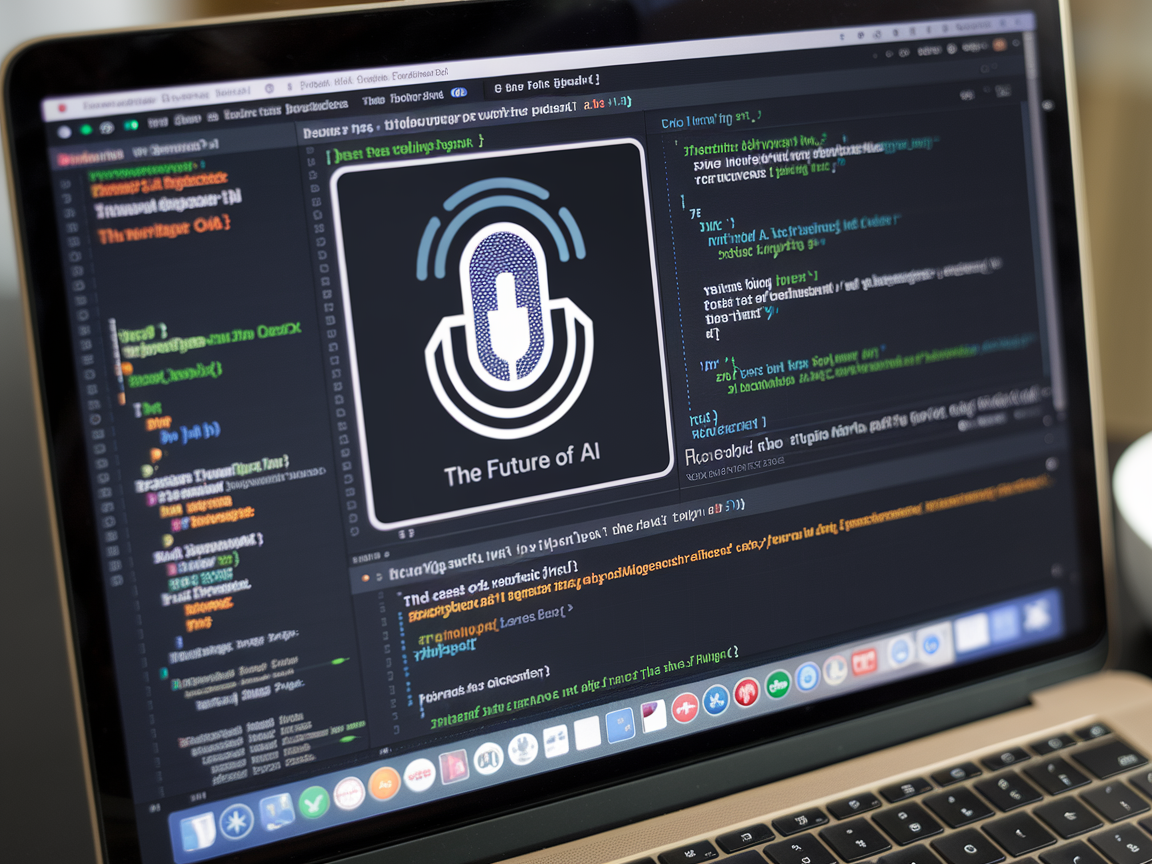
Voice Cloning Ethics: Navigating AIdeaFlow's Impact on Content Creation
In recent years, voice cloning technology has gained significant traction, revolutionizing the way we create and consume audio content. From podcasts to audiobooks, the ability to replicate human voices using artificial intelligence has opened up exciting possibilities. However, this advancement also raises profound ethical questions about authenticity, consent, and the potential for misuse. In this blog post, we will explore the ethical considerations surrounding voice cloning, particularly in the context of AIdeaFlow, an innovative platform that harnesses AI for podcast and audio content creation.
The Rise of Voice Cloning Technology
What is Voice Cloning?
- Voice cloning involves using AI algorithms to replicate a person's voice with remarkable accuracy.
- It can produce speech that closely mimics the tone, pitch, and inflection of the original speaker.
- Applications range from entertainment to business, enhancing user experience in various fields.
The Evolution of AI in Content Creation
- AI has transformed content creation from traditional methods to innovative approaches.
- Voice cloning is a subset of AI that specifically focuses on audio content, enhancing engagement.
- The technology is becoming increasingly accessible, leading to widespread adoption.
AIdeaFlow: Revolutionizing Audio Content Creation
Overview of AIdeaFlow
- AIdeaFlow is a cutting-edge platform designed to simplify the creation of AI-powered podcasts and audio content.
- Users can harness voice cloning technology to generate high-quality audio without the need for extensive recording resources.
- The platform offers a user-friendly interface, making it accessible to creators at all levels.
Key Features of AIdeaFlow
- Voice Cloning: Users can select from a variety of cloned voices or even create custom ones.
- Automated Editing: The platform features AI-driven tools that streamline the editing process.
- Content Suggestions: AIdeaFlow provides topic generation and scriptwriting assistance to enhance creativity.
Ethical Considerations in Voice Cloning
Authenticity and Ownership
- Questions arise about who truly "owns" a cloned voice.
- Is it ethical to use someone’s voice without explicit consent?
- The potential for identity misrepresentation raises serious concerns.
Consent in Voice Cloning
- Consent is paramount when it comes to voice cloning technology.
- Users must be informed about how their voice data will be used and stored.
- Transparent policies and user agreements are essential for ethical practices.
The Potential for Misuse
- Voice cloning can be exploited for fraudulent activities, such as deepfake scams.
- The risk of creating misleading audio content poses threats to trust and credibility.
- Effective regulations and monitoring are required to mitigate misuse.
Balancing Innovation and Ethics
The Role of Regulations
- Governments and organizations need to establish clear regulations surrounding voice cloning.
- Ethical guidelines can help creators navigate the complexities of this technology.
- Collaboration between tech companies and ethicists can foster responsible innovation.
Educating Content Creators
- Training and resources should be made available to help creators understand ethical implications.
- Workshops and online courses can be effective in raising awareness about voice cloning ethics.
- Encouraging discussions within the creator community can lead to more responsible practices.
The Impact on Content Creators
Opportunities for Creators
- Voice cloning technology allows creators to diversify their content offerings.
- It enables them to produce audio content quickly and efficiently.
- Creators can experiment with different voices, enhancing the overall listening experience.
Challenges Faced by Creators
- The ethical dilemmas surrounding voice cloning may deter some creators from using the technology.
- Concerns about authenticity and trustworthiness can affect audience perception.
- Creators must navigate the fine line between innovation and ethical responsibility.
The Audience Perspective
User Trust and Perception
- Audience trust is crucial for the success of any content creator.
- The use of voice cloning can lead to skepticism about the authenticity of the content.
- Building transparency around voice use can help maintain audience trust.
Emotional Connection with Content
- Listeners often form emotional connections with specific voices.
- The use of cloned voices may impact audience engagement and loyalty.
- Authenticity plays a significant role in fostering these connections.
Future of Voice Cloning Ethics
Evolving Technologies and Practices
- As technology advances, so too will the ethical considerations surrounding it.
- Continuous dialogue among stakeholders will shape best practices.
- Innovations in AI will require ongoing adjustments to ethical frameworks.
The Necessity of a Code of Ethics
- A standardized code of ethics for voice cloning can serve as a guideline for creators.
- This code can address consent, usage rights, and the importance of authenticity.
- Establishing a framework can help foster responsible innovation in the industry.
Conclusion
Voice cloning technology is an exciting frontier in content creation, presenting both remarkable opportunities and complex ethical challenges. As platforms like AIdeaFlow empower creators to harness this technology, it is imperative to navigate the ethical landscape carefully. By prioritizing consent, authenticity, and responsible usage, we can foster an environment where innovation flourishes without compromising ethical standards. The future of voice cloning and audio content creation holds great promise, but it is up to us to ensure it is wielded responsibly and ethically.